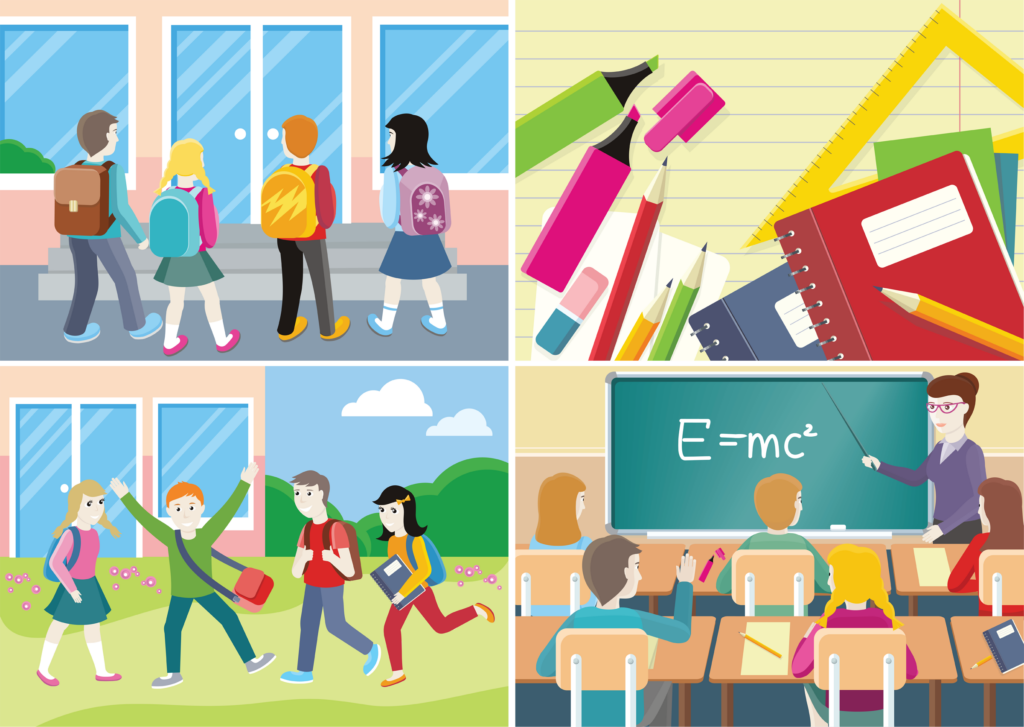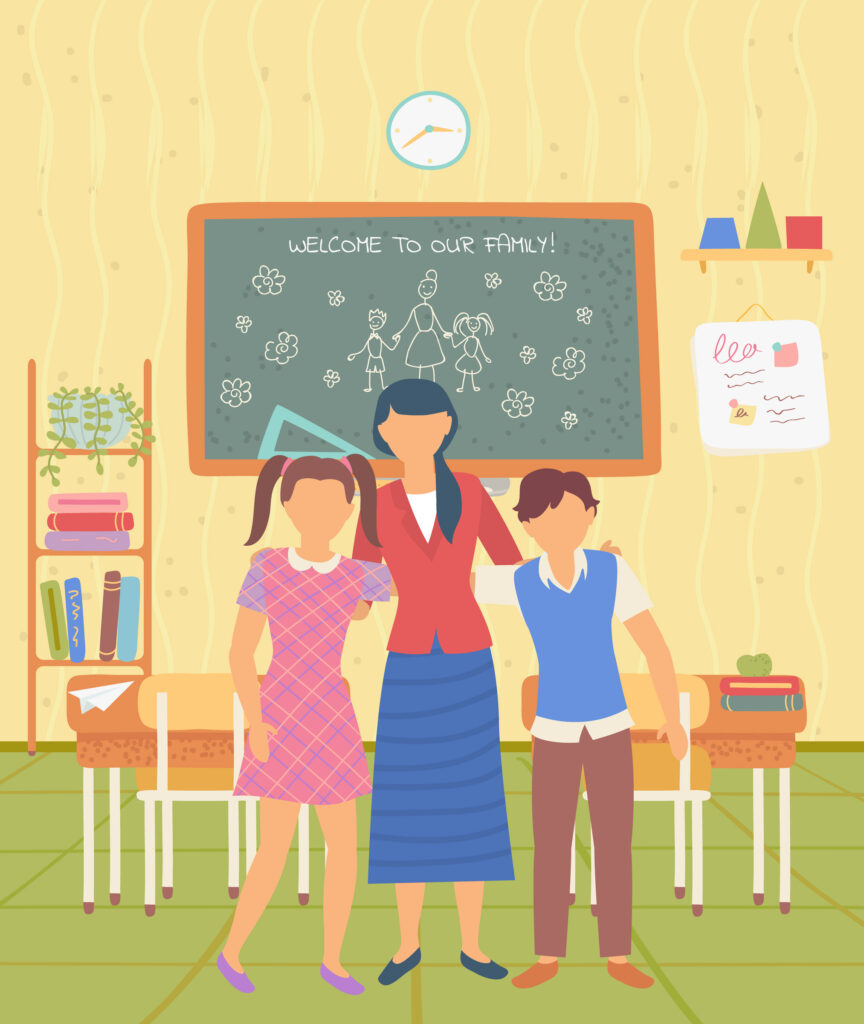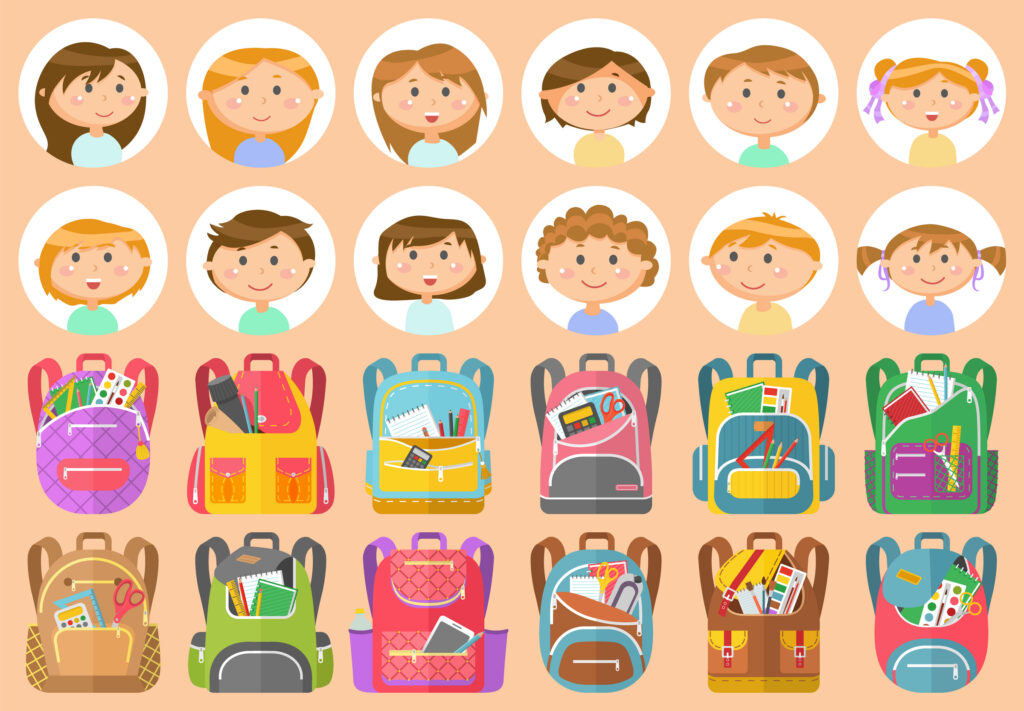
Language learning is an essential part of childhood education, playing a vital role in cognitive development and communication skills. However, engaging young minds in vocabulary building can be challenging. That’s where Clipart comes in, offering a vibrant and visual approach that turns vocabulary building into a fun and interactive experience.
This article will guide educators, homeschooling parents, and caregivers on how to leverage Clipart to make language learning enjoyable and effective. Let’s delve into the benefits, best practices, and potential pitfalls of using Clipart for vocabulary enhancement, specifically tailored for elementary and middle school students.
The Power of Visual Learning

Understanding the Visual Approach
Visuals stimulate memory by creating a lasting imprint in the mind. This connection between imagery and recall has been well-documented, and Clipart capitalizes on this by offering rich, engaging visuals. They make learning more captivating for children, turning ordinary lessons into extraordinary experiences. Additionally, this approach ensures inclusivity by catering to different learning styles, allowing all students to participate and thrive.
Utilizing Clipart
Accessing and using Clipart’s repository (schools.clipart.com) is simple and efficient. With a plethora of educational images available, parents and teachers can easily tailor them to fit specific lessons or students’ unique needs. The adaptability of Clipart allows for seamless integration into daily lessons, presentations, or handouts. By making lessons visually appealing, Clipart fosters a more engaging and effective learning environment.
Tips for Parents and Teachers

For Parents
- Creating Flashcards: Design visual flashcards with Clipart for home study. These flashcards can be used to reinforce lessons, turning study time into a fun, interactive experience.
- Interactive Play: Engage your children in vocabulary games with Clipart. Whether it’s matching words to pictures or creating a visual storytelling adventure, Clipart opens up endless possibilities.
- Monitoring Progress: Regularly assess your child’s development and adapt Clipart activities accordingly. Celebrate their achievements and encourage growth through continued visual interaction.
- Incorporating Daily Routines: Use Clipart to enhance daily routines such as mealtime or bedtime, making language learning a part of everyday life.
- Communication Building: Encourage children to communicate their thoughts and feelings using Clipart, fostering emotional expression and vocabulary development.
For Teachers
- Classroom Integration: Incorporate Clipart into daily lessons to bring new words to life. From illustrating concepts to supplementing reading materials, Clipart adds a creative spark.
- Group Activities: Facilitate collaborative learning through Clipart-based projects. Encourage students to work together, share ideas, and express themselves creatively.
- Alignment with Curriculum: Choose Clipart visuals that align with the school’s curriculum, ensuring a cohesive teaching experience.
- Assessment Tools: Use Clipart-enhanced quizzes and tests to evaluate students’ comprehension and retention.
- Encouraging Creativity: Foster a creative environment by allowing students to create their own Clipart visuals, encouraging individual expression and deeper understanding.
Suggested Vocabulary List

Elementary School
- Animals: Cat, dog, fish, elephant, bird, tiger, horse, rabbit, turtle, bear
- Colors: Red, blue, green, yellow, purple, pink, brown, white, black, orange
- Shapes: Circle, square, triangle, rectangle, hexagon, pentagon, octagon, star, oval, rhombus
- Numbers: One, two, three, four, five, six, seven, eight, nine, ten
- Days of the Week: Monday, Tuesday, Wednesday, Thursday, Friday, Saturday, Sunday
Middle School
- Science Terms: Atom, molecule, energy, organism, cell, photosynthesis, ecosystem, genetics, gravity, evolution
- Historical Concepts: Revolution, constitution, democracy, empire, colonization, feudalism, Renaissance, Industrial Revolution, nationalism, globalization
- Literary Terms: Metaphor, simile, alliteration, personification, hyperbole, onomatopoeia, foreshadowing, irony, theme, characterization
- Mathematics: Addition, subtraction, multiplication, division, fraction, decimal, percentage, algebra, geometry, equation
- Geography: Continent, ocean, mountain, river, desert, peninsula, archipelago, valley, plateau, forest
Visit schools.clipart.com to find the visual representations for these words and start building engaging educational content!

Language Learning with Clipart is a creative and effective method to enrich the vocabulary of elementary and middle school students. By embracing the visual power of Clipart, parents and teachers can turn the often-daunting task of vocabulary building into an exciting learning adventure. With careful planning, interactivity, and the integration of Clipart into lessons, the doors to a more comprehensive and engaging language education are wide open. Visit schools.clipart.com to start exploring the possibilities today!




